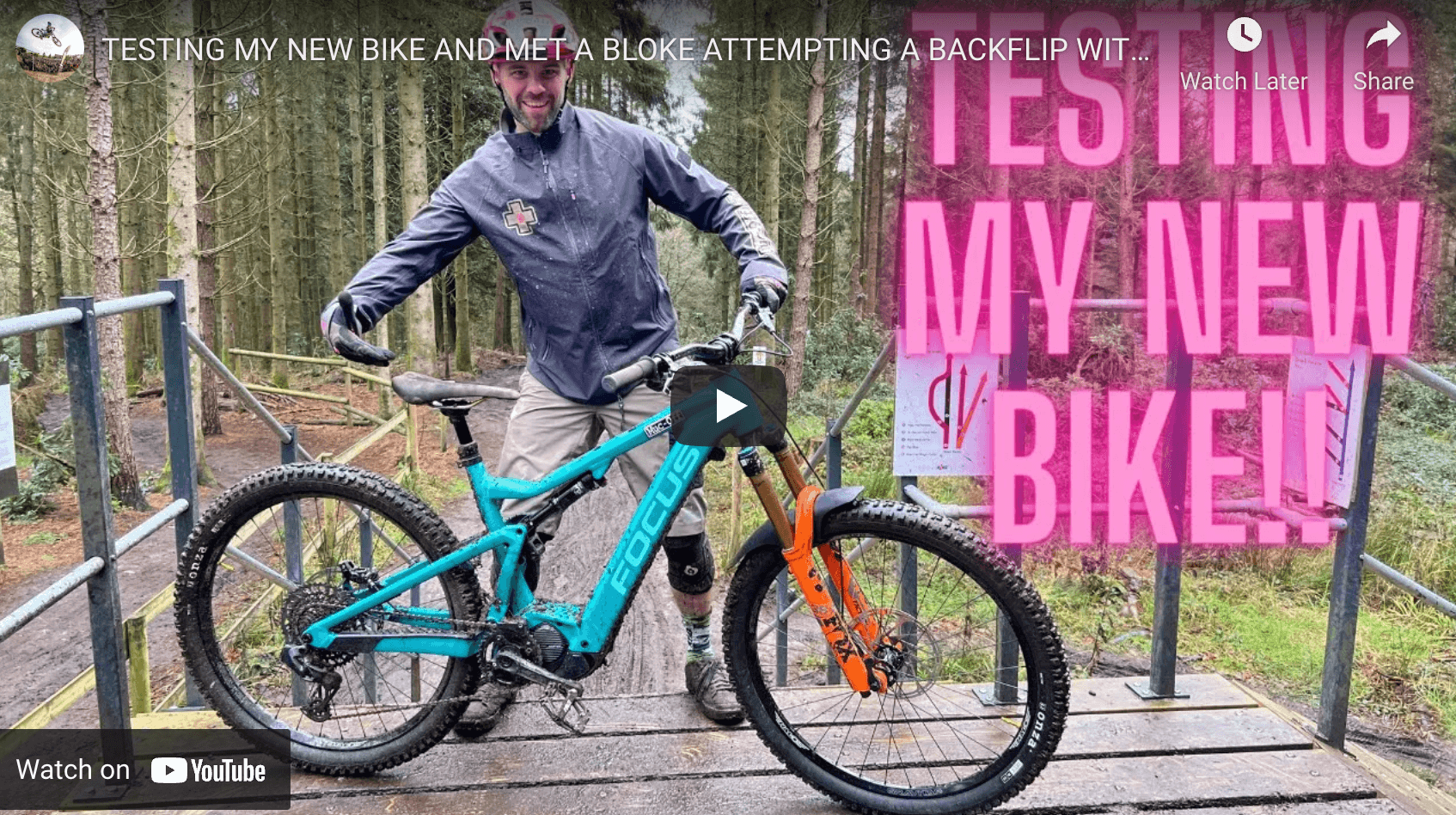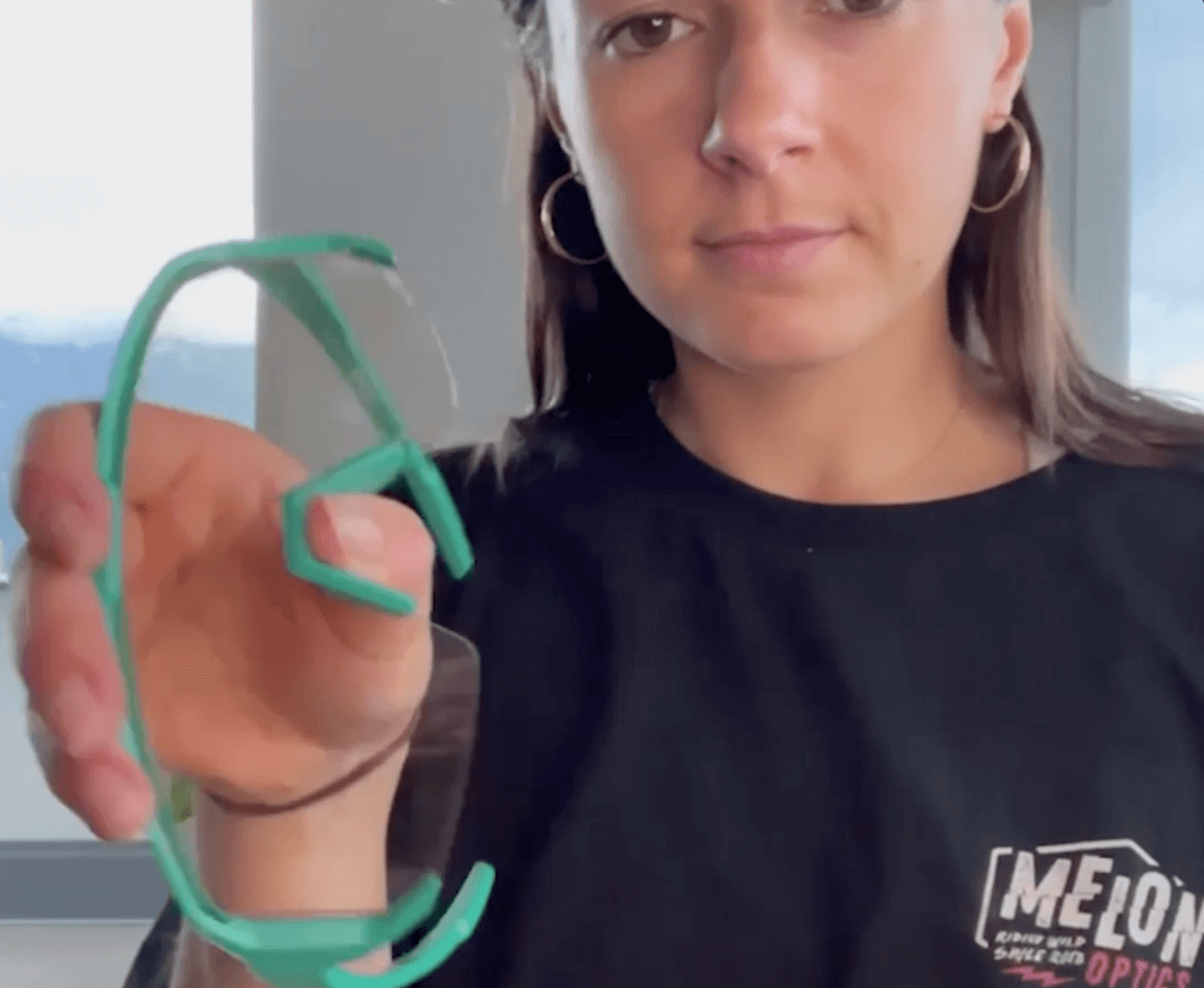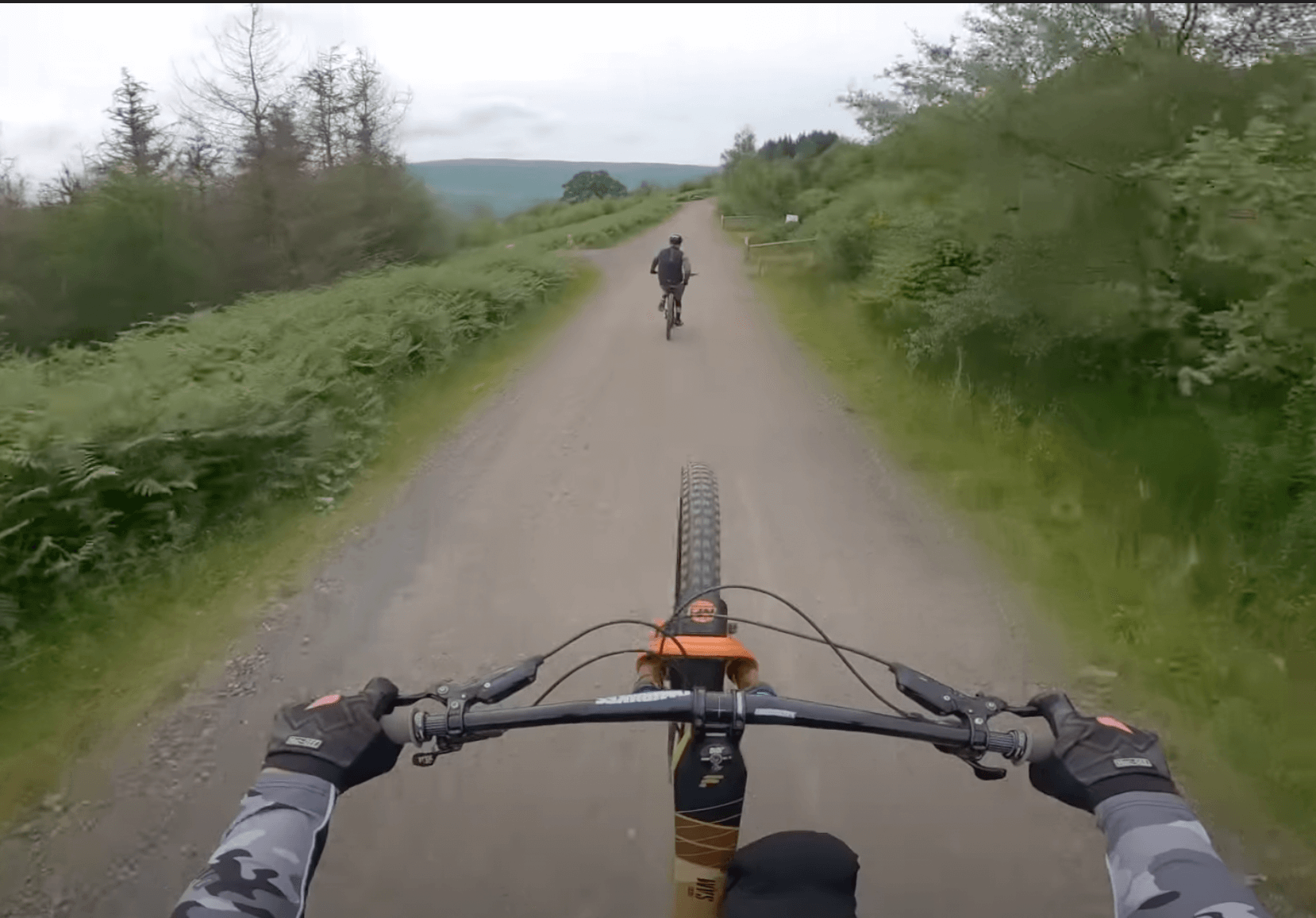
.
From being burnt out on seasonal jobs to building a location independent eyewear brand that can be run from anywhere in the world, The Melon Chronicles are a series of blog posts by one of the starting founders of Melon Optics, James Pointer. They are a work in progress aimed at both providing an in-depth view into the ongoing journey as we grow Melon brand and also a source of inspiration to those who want to start their own brand or business.
.
One: Stoked, Burnt and Nearly Broke – Finding Your Niche and Making it Work
It feels very coincidental that I am writing this from the same seat that Melon was first born back in April 2013, nestled in a friends house in a small surf village in West Java, Indonesia. Back then I was surfing 5 hours + a day and spending the rest of the time contemplating what to do with my life. More importantly I was trying to work out how to not go back to working in an office and how to continue to live the seasonal life of winters in the mountains and summers in the tropics. The biggest problem was finding a way to do that whilst earning more than a measly £65 a week chalet host wage.
.

.
After three winter seasons in the Alps and more summer seasons surfing, I found myself in the same situation that so many of my friends have been in: not wanting a “real” job, but feeling the pressure to conform to social norms and parental pressures. I knew that I didn’t want to still be working in chalets at 30 – not that there’s anything wrong with that – but I also knew that working in a traditional office would make me miserable. So, that summer I decided to change my path and do something different. Melon was born.
.
“Keep things simple and focus on what is important.”
Despite my initial view that it would be a walk in the park, it turns out that – as my old man warned me (and I ignored) – growing a successful brand is actually pretty full on and takes up more of your time and energy than you can ever imagine. But the reward is having freedom to work from wherever you want to and sometimes views like this from behind the laptop aren’t too hard to deal with!
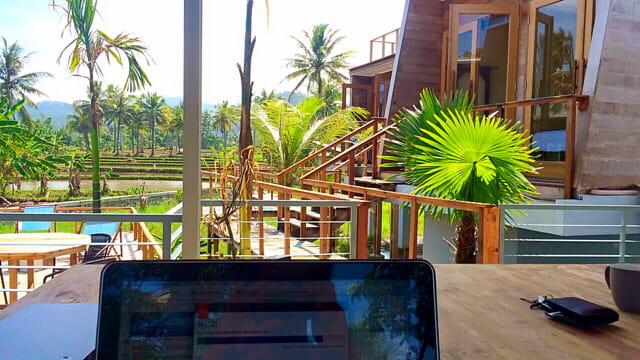
.
And lunch breaks that include this are also a nice perk!
.
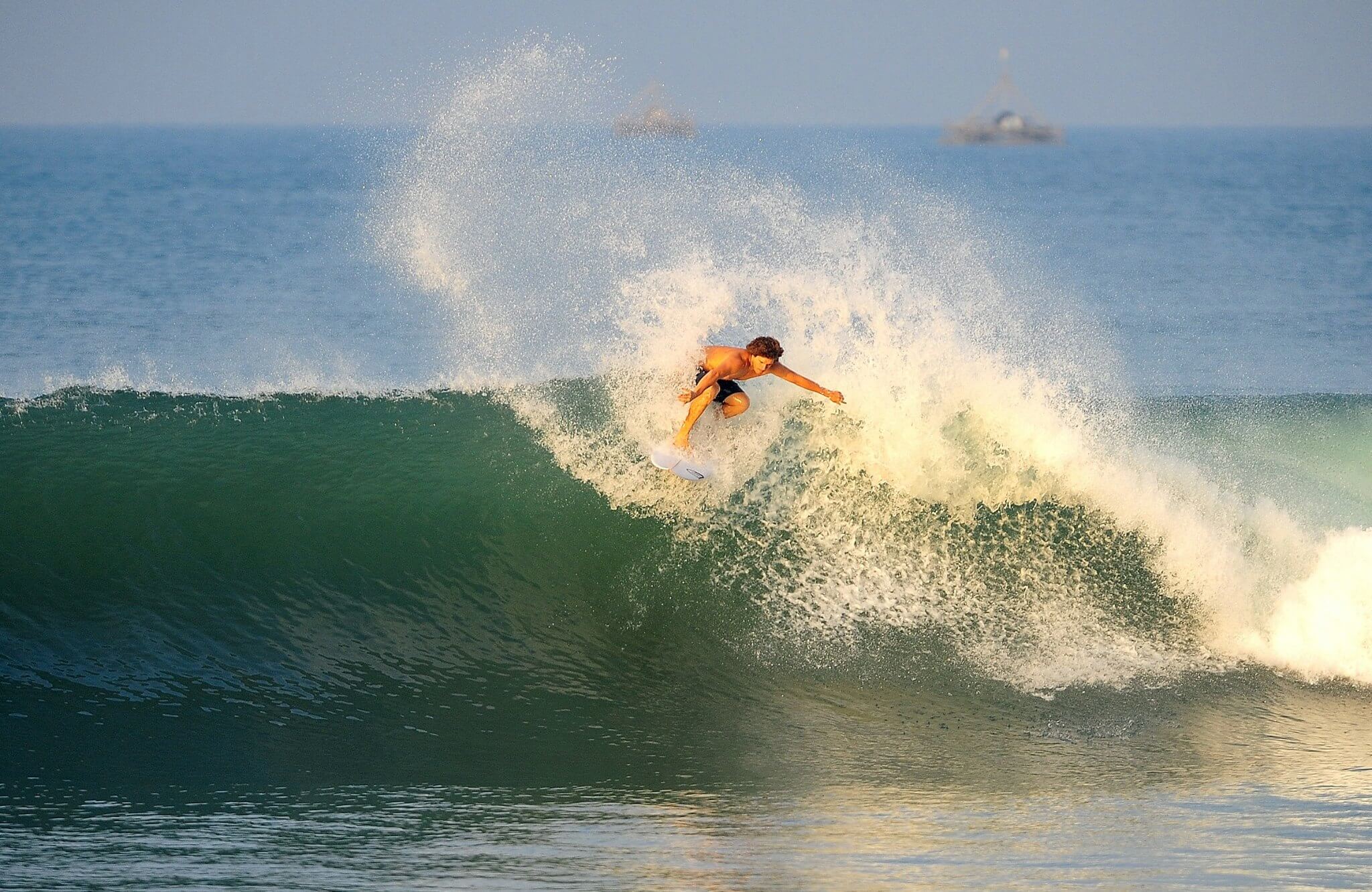
.
How to create a brand you love and why it pays to keep things simple
If there’s one thing I’ve learnt in the last three years of running a brand, it is this: “Keep things simple and stay focused on what’s important”. So many friends and businesses that had great potential haven’t made it because they’ve found themselves sidetracked and weren’t able to stay focused on what matters. Melon’s mission is to:
.
“create the best customised active eyewear experience in the world”
.
We constantly have ideas to add new product lines, but we always ask ourselves “Is this in line with our mission?” If the answer is “no”, it goes.
So think big, but start small and create an awesome customer experience around one or two products. Keep your brand super focused on your core offering and become the best at what you do. Work on building a base of loyal fans that truly love your brand and products before you think about expanding and diluting your product line.
.
“Every time you hear someone say “I wish that…” or “wouldn’t it be cool if…”, perk your ears!”
.
When you’re looking for inspiration for creating a brand, it takes a combination of searching for the right product or service with a big enough potential market and finding ways to combine that with your passions. I love spending time outdoors and I wanted eyewear that matched my pro-active lifestyle. Melon improves our customers outdoor experiences (as well as my own). By becoming the world’s first brand to create high quality custom sunglasses and goggles, we tapped into a niche product market that hadn’t previously existed. The mission then was to grow the product into a brand that was aligned with our passions of living an active outdoor lifestyle.
.
Ways to find your niche:
- What do you know best? This may seem obvious but you may already have a huge amount of expertise in something and may not even realise that it has the potential to be a business. Really think about what you know best, what are you better at than your friends? Is there a potential business opportunity within that? Investigate if there’s anyone else doing it at the moment.
- Listen, Listen, Listen! Keeping your ears dialled into the conversations around you can act as a fantastic resource for understanding people’s frustrations and wishes. Every time you hear someone say “I wish that…” or “wouldn’t it be cool if…”, perk your ears! These are things that people want and chances are that if one person is frustrated with something, there’s another ten people nearby with the same frustrations. Listening to the conversations around us is what made Melon a reality and what constantly drives our mission to become the world’s best custom eyewear brand.
- Look at what’s working for others. You don’t need to invent the wheel. Look at what other brands are doing and more importantly notice what they’re not doing. How can you do what they’re doing, but better?
.
“My general rule is that if an idea is still playing on my mind after two weeks, it’s worth pursuing further.”
.
Once you’ve found a niche you can start having some fun. Chances are that to begin with the ideas won’t flow so fast, but once you start thinking about niches, you’ll get on an idea role. My general rule is that if an idea is still playing on my mind after two weeks, it’s worth pursuing further. For me, Melon was the idea that wouldn’t leave.
.

.
What’s next? Testing your Niche
Depending on your type of niche you may be able to test if there’s a market for your product quite easily. If you plan to launch a product as a competitor to something that already exists, head over to Google’s Keyword Planner and start checking how many people are searching each month for your niche.
.
“We actually used a survey that was sent out to friends to decide on the best name for the brand.”
.
When we started Melon, “Custom sunglasses” or “Design your own sunglasses” wasn’t something that was getting searched in google all that much, but we knew for sure that people love sunglasses. So, we got started on building a basic website, ordered some samples, created some brand names and logos and tested the market. We actually used a survey that was sent out to friends to decide on the best name for the brand. Melon wasn’t the only option at first, but you’ll have to wait until later in the series to find out what Melon could have been called!
Stay tuned for my next blog post about how to really check your idea is a good egg. In the meantime, ask your friends, family and use surveys through websites like Survey Monkey to start getting people’s feedback on your ideas!

